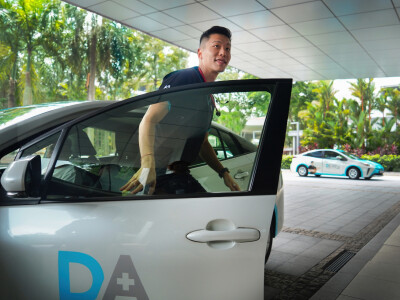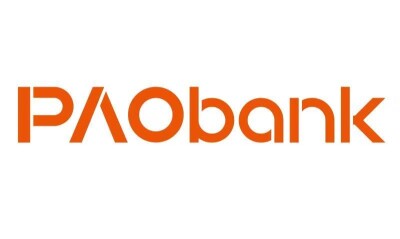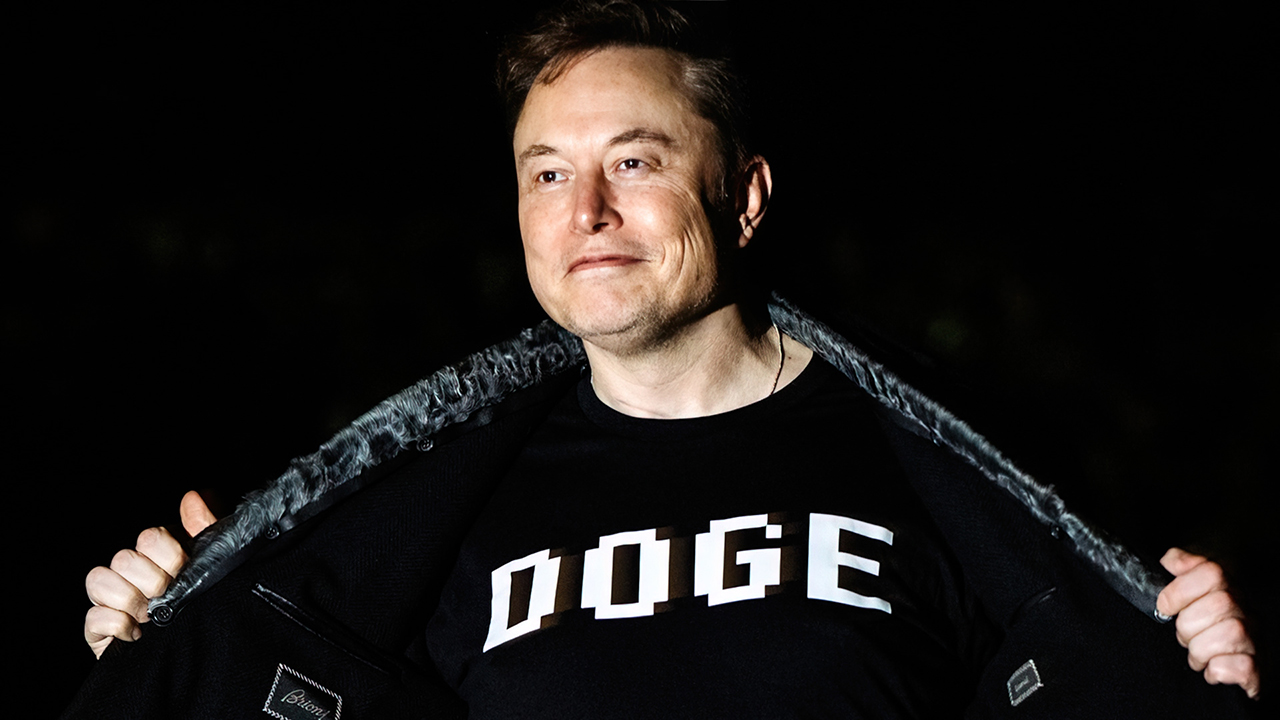Challenging the ERP Status Quo: Rimini Street CEO Seth Ravin on SAP, AI, and the Future of Enterprise IT


By Nick Staunton, Editor | European Business Magazine | June 2025
 Rimini Street recently made headlines for extending support for SAP ECC — a move that runs counter to the forced upgrade culture entrenched in enterprise software. To unpack the rationale and broader vision, European Business Magazine sat down with Seth Ravin (pictured) , CEO and founder of Rimini Street, for an exclusive conversation on ERP disruption, digital transformation, and how AI is changing everything.
Rimini Street recently made headlines for extending support for SAP ECC — a move that runs counter to the forced upgrade culture entrenched in enterprise software. To unpack the rationale and broader vision, European Business Magazine sat down with Seth Ravin (pictured) , CEO and founder of Rimini Street, for an exclusive conversation on ERP disruption, digital transformation, and how AI is changing everything.
 “Why upgrade just because your vendor tells you to?”
“Why upgrade just because your vendor tells you to?”
Nick Staunton: Seth, your decision to extend SAP ECC support has caused quite a stir. What drove it?
Seth Ravin: It’s simple — clients want stability. SAP ECC 6.0 is a highly stable, proven platform used by tens of thousands of businesses globally. What we’re seeing is that forced upgrades to S/4HANA are creating risk, not value. Particularly for manufacturers, an abrupt migration can disrupt the shop floor and supply chain. In this climate — with tariffs, global competition, and rising labour costs — the last thing businesses need is a change that delivers no clear ROI.
“We ask clients: Would you make this move if the vendor weren’t pushing it? The answer is usually no.”
 Does Delaying Mean Falling Behind?
Does Delaying Mean Falling Behind?
Staunton: Doesn’t delaying a migration slow innovation?
Ravin: Not at all. Innovation doesn’t live inside the ERP system — it lives in how you use your resources. Our clients are integrating AI, analytics, and automation on top of their existing ERP. Upgrading doesn’t guarantee transformation. It just guarantees spend. In fact, by avoiding unnecessary upgrades, companies free up capital to invest in true innovation.
“ERP upgrades are not transformational events — they’re operational decisions. Let’s stop pretending otherwise.”
 Philosophy and Pragmatism
Philosophy and Pragmatism
Staunton: So what’s Rimini Street’s core philosophy toward enterprise software?
Ravin: We think like engineers and CFOs. ERP is like a car — just because a new model is out doesn’t mean you need it. SAP has manufactured an artificial three-year lifecycle, but the reality is, customers can and do run ERP systems for 20 or 30 years. Aspen Pharma in Brazil is a great example. They’ve extended ECC, cut costs, and achieved better results without changing platforms.
 Rethinking Vendor Roadmaps
Rethinking Vendor Roadmaps
Staunton: Should CIOs be doing more due diligence before following vendor timelines?
Ravin: Absolutely. But the pressure is immense. The easy choice is to follow the roadmap. We help customers challenge that — to make IT decisions based on business logic, not vendor marketing. I spent years inside Oracle and PeopleSoft. I know how these timelines get created. Rimini Street provides that missing second opinion.
 What About Cost Savings?
What About Cost Savings?
Staunton: What kind of savings are we talking about?
Ravin: Rimini Street has helped clients avoid over $9 billion in unnecessary spend. That’s not just license and support fees — it’s the total cost of upgrades, retraining, implementation downtime, and disruption. This isn’t just about saving money — it’s about redirecting capital into what actually grows the business.
“You can keep that money in your pocket or put it to work in R&D, hiring, or AI — that’s the real ROI.”
 A European Perspective
A European Perspective
Staunton: How are European organisations responding?
Ravin: Europe is one of our most exciting growth markets. We work with 12–15 UK government agencies right now. CIOs here are under the same pressures as everyone else: supply chain volatility, AI disruption, labour shortages. Countries with ageing populations — Japan, Korea, and much of Europe — have no choice but to automate. Rimini Street gives them a path to do that without wasting billions on unnecessary software migrations.
 The Future: AI, Agentic ERP, and Job Transformation
The Future: AI, Agentic ERP, and Job Transformation
Staunton: What’s next for enterprise IT?
Ravin: ERP software as we know it will be obsolete in 5 to 10 years. We’re already designing Agentic ERP — systems where AI doesn’t assist, it acts. These platforms will proactively manage logistics, compliance, HR — all without human input. It will reshape entire industries and governments.
Staunton: And what about the job market?
Ravin: Some jobs will disappear, yes — especially repetitive ones. But this is also a huge opportunity. We’ll see a massive need for retraining and upskilling. AI won’t eliminate people — it will elevate them. I saw it firsthand during a visit to a South Korean shipbuilder. A ten-story vessel, mostly designed by humans today — in five years, AI could handle much of that. That’s both a challenge and an opportunity.
 Final Word
Final Word
Seth Ravin isn’t just challenging ERP vendors — he’s redefining the role of enterprise software in the age of AI. As CIOs look to future-proof their organisations, Rimini Street’s model offers a radical but refreshing alternative: control your roadmap, focus on ROI, and let innovation happen on your terms.
The post Challenging the ERP Status Quo: Rimini Street CEO Seth Ravin on SAP, AI, and the Future of Enterprise IT appeared first on European Business & Finance Magazine.
















































